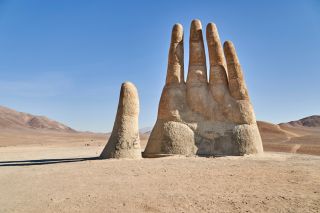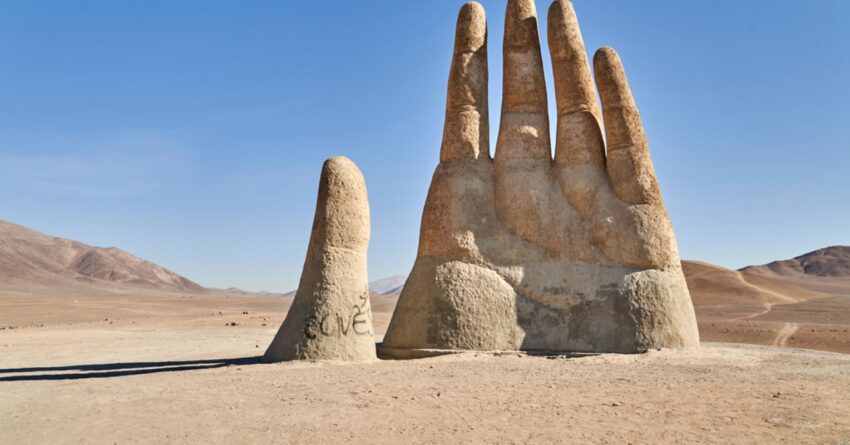
Source: Jens Otte/Shutterstock
A colleague recently said to me, on observing the rise of authoritarian regimes throughout the world, that the human race is in the grips of a “male freakout.” His point was that there are forces at work on the planet that are undermining the male grip on power and control, and it’s causing a reactivity that’s contributing to an increase in grasping for power and control.
While I find his description intriguing, I’m not sure any of us are able to step far enough back from the times we’re a part of to see clearly and with certainty what is happening. Nor am I historian enough to be sure that we have more authoritarian regimes now than in times past.
But I do want to take a look at the way men respond to loss of control. I think it is relevant for men at all stages of life, but it has particular importance for men as they age and their ability to be in control is diminished on so many different levels. An aging man is reduced in his physical strength and vitality, in his relevance and command in the outer world, and even in his basic bodily functions, including his sexual virility.
Why do men relish control so much? There are a number of ways to answer this question, but certainly the sense of having agency in the world, of being able to have an impact on our surroundings, of being able to see that we make a difference in the world—all of these can help explain why we like and want control.
To take it a step further, what is behind all of that? Why do we want agency, an ability to impact or make a difference in the world? Why is it important? Again, there are many answers to these questions, but at least one of them is to ward off death. If we make a difference, if we leave a legacy, if we have control, perhaps we can fight off the inevitable end that awaits us all—becoming nothing.
To my brothers in aging, I would say the following: We already are nothing. We may have built towers or dynasties or fathered many children or owned many cars or won many medals or we may have done none of these things. In the grand scheme of the vastness of creation, of all that there is all around us, whatever we have done, will inevitably be infinitesimally small. It doesn’t matter. And from what I can tell, trying to hold on to relevance or visibility or the old handholds of meaning is not an answer. No matter how hard we grip to control, the end will be the same, because ultimately, we are not in control, and ultimately, we are going to die.
I think what aging gives us is greater comfort with these deeper truths, including the truth of how little we know or understand anything about ourselves or the mystery of the world around us. Ideally, by this stage of our lives, we are established financially and professionally (if we’re still working), and most of the survival questions of our lives have been answered long ago. Rather than puttering our lives away with this freedom, what I recommend instead is that we embrace the mystery of not knowing. There is something so deeply satisfying in touching that truth over and over again—how little we know or understand about anything, how vast and uncharted is everything around us. I think it’s the kind of stance that is the gift of growing older, and it holds a power far deeper than any professional hat we may once have worn.
